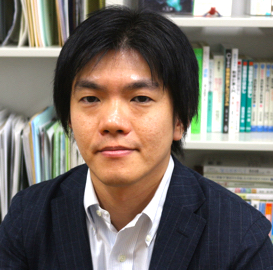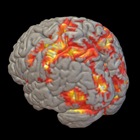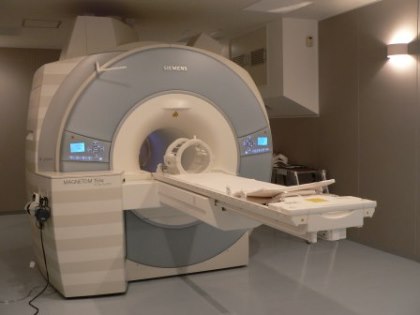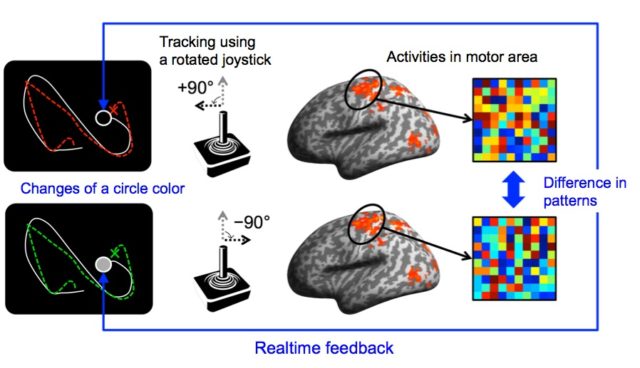Profile

- Research Subject
We are using behavioral and functional neuroimaging (fMRI/MEG) experiments to elucidate the neural mechanisms of human motor control & learning, body schema & image, and social cognition based on mirror neuron system.
- Research Fields
- Cognitive Neuroscience (Motor Control, Social Cognition)
- Faculty - Division / Research Group / Laboratory
- Division of Human Sciences / Research Group of Psychology / Laboratory of Psychology
- Graduate School - Division / Department / Laboratory
- Division of Human Sciences / Department of Psychology / Laboratory of Psychology
- School - Course / Laboratory
- Division of Humanities and Human Sciences / Course of Human Sciences / Laboratory of Psychology
- Contact
Office/Lab: 420
Email: ogawa(at)let.hokudai.ac.jp
Replace “(at)” with “@” when sending email.Foreign exchange students who want to be research students (including Japanese residents) should apply for the designated period in accordance with the “Research Student Application Guidelines”. Even if you send an email directly to the staff, there is no reply.- Related Links
Lab.letters


Revealing the brain mechanisms that engender the mind by using the techniques of information science
Cognitive neuroscience is an academic discipline that explains how the human mind works in terms of the neural activations of the brain. In our lab, we perform research to elucidate the mechanisms of the brain and information representation by taking advantage of psychophysical experiments and functional brain imaging, such as functional magnetic resonance imaging (fMRI), as well as techniques of information science, including machine learning and multivariate analysis. Currently, my area of particular interest is motor learning and social cognition. I’d like to reveal the relationship between cognition and the brain based on embodiment with a “mirror system” that makes one feel as if one is looking at another’s action, as well as “neuro-feedback” that allows one to know the status of brain activity in real time.
Absorb the know-how of psychology and brain science.
Top athletes can be our research theme.
The Hokkaido University Department of Psychology has many professors who have a variety of research know-hows on psychology and brain science, as well as rich environments where students can carry out cross-departmental research in collaboration with the School of Medicine and other faculties. This is one of the greatest benefits of our university.
With having an interest in the mind and brain, our students can set research themes of their own. For example, one of our students wanted to study how a world-class soccer player can achieve a bird’s-eye view of the playing field from the perspective of brain science. As this field is still full of mysteries, it depends on you to decide a research theme. As I’ve never come up with such an interesting research theme of top soccer players, I’m looking forward to seeing what themes you’ll find in the future.
Message
● Would you like to join us in engaging in the following research?
Our complex mind is generated by the activities of numerous neurons in the brain. With the development of brain measuring and analysis techniques such as fMRI, we are being prepared to reveal physical bases that generate the human mind. For instance, the question of “what is the self?”—a theme long questioned in philosophy and religion since ancient times—is also becoming a topic of research conducted from the perspective of cognitive neuroscience these days. Though we can move our body and imagine movements in the mind freely in our everyday life, our bodily consciousness seems likely to be a kind of illusion favorably created by the brain. As proof of this, it is known that when the brain is partially damaged, one cannot distinguish one’s body from someone else’s body, or has a kind of out-of-body experience. One of the themes of our laboratory is to elucidate the mechanisms in the brain that generate people’s skillful body movements and subjective bodily consciousness.
● Education specific to our laboratory
Research in our laboratory requires various skills including not only English but also mathematical statistics and programming, which are disciplines close to scientific studies among the School of Humanities and Human Sciences. However, even if you were not good at mathematics in your entrance exams, you will be able to rediscover the true meaning and enjoyment of mathematics by relearning it from a specific research goal. They say that “research is the ultimate form of play.” I would like to share with you the joy of pursuing your chosen theme and doing research on a global scale.




